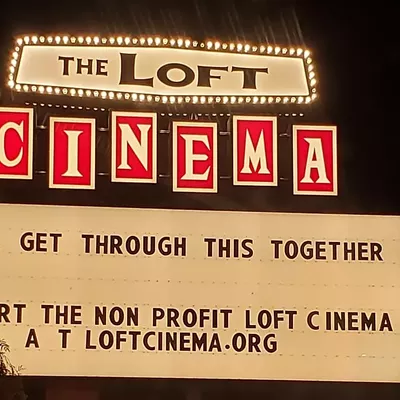Tuesday, June 23, 2015
Read My Lips: "Now! New Taxes!"
This post is about an article that appeared in Monday's Star: "Republicans can't stick to no-new-tax pledge" (I can't find the Star online link, so here's the original article on Bloomberg Politics). But first, a digression to something I remember from a Reagan campaign stop in California when he was first running for president. What happened, or what I remember happening since I'll never find a reference to it anywhere (but it's indelibly etched in my memory), is this.
Reagan was talking about changing the federal funding that goes to states into a block grant rather than earmarking the money for specific purposes. He didn't want to mention that he planned to cut the total amount going to the states, but a reporter asked him the question, which went something like, "Your plan would give less money to the states. How do you expect them to pay for all those programs?" His answer was a classic of Reagan-style, earnest flimflammery. He shrugged his shoulders and said, "They can raise taxes." The reporter who asked the question looked stunned, dumbfounded. He didn't ask a follow-up because, what could he possibly ask?
Reagan, of course, went on to raise taxes when he was president. So did George Herbert Walker "Read-my-lips-no-new-taxes" Bush. And Governor Ducey is acting like Reagan when he was on the campaign trail, expecting cities and counties to raise taxes to make up for the shortfalls in the current state budget. Republicans are situationally anti-tax. When push comes to shove, when there's a hole that absolutely has to be filled, they know someone has to fill it.
Which brings us to the article in Monday's Star.
Republican leaders who control U.S. states are confronting the consequences of no-new-tax pledges as they face shortfalls and try to preserve education and infrastructure.
Nevada, Kansas and Alabama have enacted or are debating increases in taxes on sales, tobacco, corporate income and other items, and six others have passed higher fuel levies despite a small-government dogma. In Louisiana, Republican lawmakers and Gov. Bobby Jindal are engaged in a near-theological debate about what constitutes a tax increase as they seek to close a $1.6 billion budget gap.
Governors and legislators are down on their knees begging Grover Norquist, who has a big ol' stack of No-tax pledges from them sitting on his desk, to please, please grant them special dispensation, just this once. Norquist has no actual power over them, of course. He can't sue them for breaking their promise. But he can make their lives a political hell come next election, and they know it.
Here's the simple fact facing the anti-taxers.
'There's a threshold, even for Republicans, where they don't want to cut spending any further,' said Scott Pattison, executive director of the National Association of State Budget Officers in Washington.The important questions are, (1) Where is that budget cutting threshold — at what point do anti-tax addicts hit bottom and admit they have a problem, and (2) what kind of new revenue sources will they create?
There's gotta come a time when even Ducey and his gang of Republican legislators have to admit they need to raise taxes, right? (And there should be a time long before that when Democrats get brave enough to make a strong statement to that effect). It has to happen somewhere down the line. Things can't keep on sliding downhill forever. And when the time comes, the media and the Democrats have to be ready to ask, Who's going to bear the burden of the tax increases? The answer should be, the overall state tax burden should be progressive. The more money you make, the higher percentage you should pay. But if the current soak-the-poor tax rates are any indication, that's not the way the Republicans are going to play it. Currently, the share of family income paid in state and local Arizona taxes by people at the top, middle and bottom of the economic spectrum is wildly skewed the wrong way. The top one percent of earners pay 4.6 percent of their incomes on state and local taxes. The lowest 20 percent pays 12.5 percent. For the families between the two extremes, it's the same pattern. The more you make, the lower percentage you pay. Republicans, if they have to find new revenues, will be happy to continue the trend if they can get away with it.
Tags: Ronald Reagan , George H.W. Bush , Doug Ducey , Grover Norquist , No new taxes , New taxes













